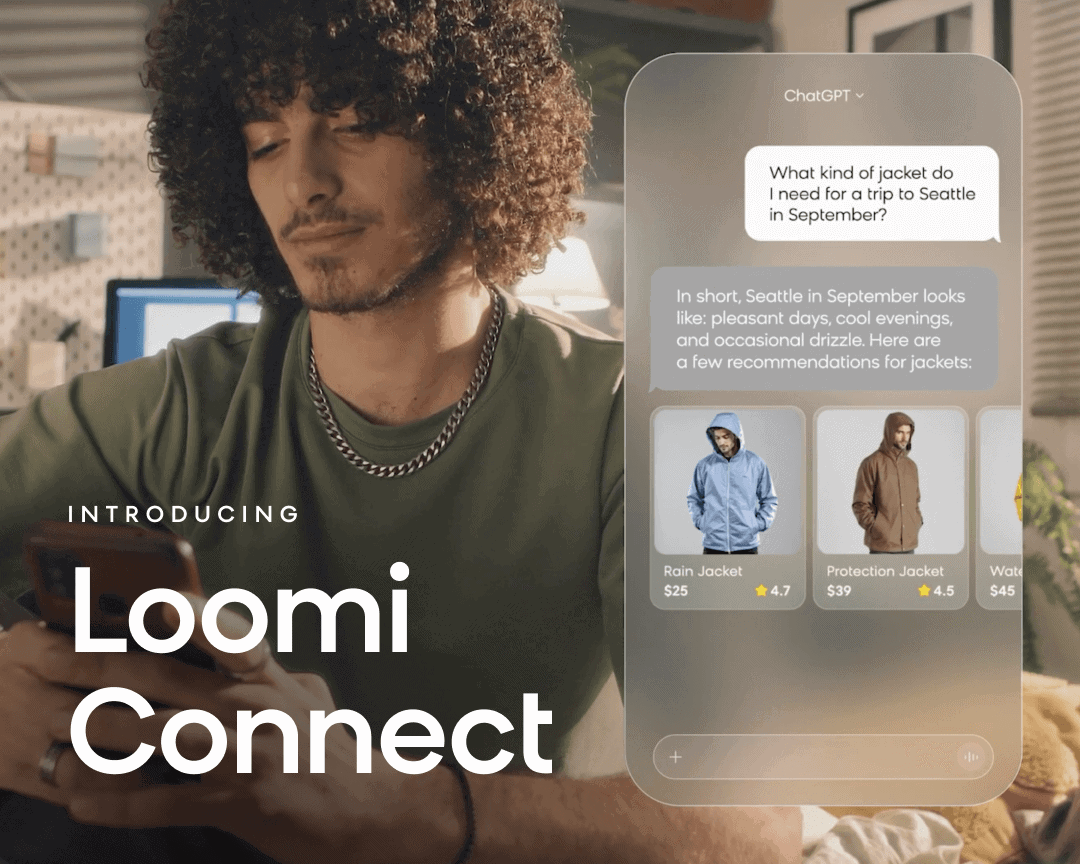Nothing is inevitable, but the idea that David Bolotsky would end up being a founder of a New York-based ecommerce company comes pretty close.
From the time he was a little kid, growing up on Manhattan’s Lower East Side, the CEO of UncommonGoods was drawn to entrepreneurship and retail. His grandfather owned a candy shop that he’d visit regularly. What’s not to like?




